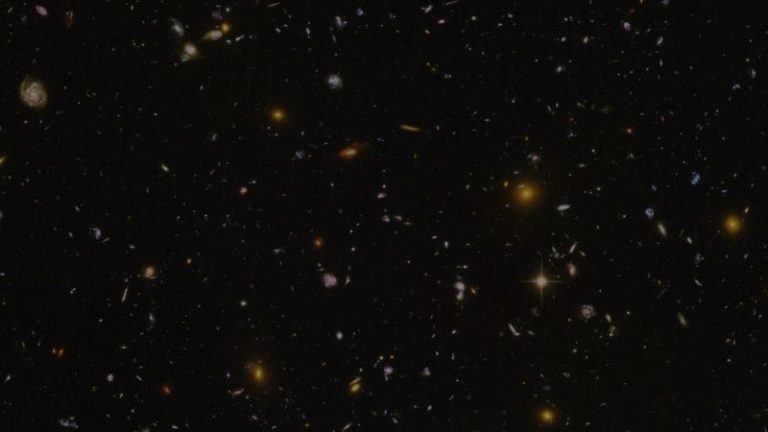Apes can recognize old friends they haven’t seen for decades, according to new research, and it’s the longest-lasting social memory ever documented outside humans.
Researchers found that chimpanzees and bonobos were able to recognize photos of former groupmates more than 25 years after last seeing them in the flesh, with photos of old friends eliciting an even more positive response, according to a study published Monday in the Proceedings of the National Academy of Sciences.
In order to test this, Krupenye and lead author Laura Lewis, a biological anthropologist and comparative psychologist at University of California, Berkeley, used photographs of apes who had died or left groups at Edinburgh Zoo in Scotland, Planckendael Zoo in Belgium and Kumamoto Sanctuary in Japan.
The team selected individuals whom the participating apes hadn’t seen for time periods ranging from nine months to 26 years, who had high-quality images available on file, and noted what kind of relationship the participants had had with the individuals.
Researchers then left two photographs — one of the ape they had known and another of a stranger — accessible to the apes, and used a noninvasive eye-tracking device to measure where they looked and for how long.
Results showed that the apes looked “significantly longer” at those they knew, no matter how long it had been since they last saw them, and even longer still at those they had been friendly with.
Krupenye likens the experience to bumping into someone from high school in the street after not seeing them for years.
Ability to miss loved ones?
One bonobo, Louise, had not seen sister Loretta or nephew Erin for 26 years at the time of the test, but she “showed a strikingly robust looking bias toward both of them over eight trials,” according to a news release.
Researchers believe that apes’ social memory could extend beyond 26 years and could even be comparable with that of humans, who start to forget people after 15 years but can remember them for as long as 48 years, the release added.
This is also a new record for the length of social memory in nonhuman animals, after previous research showed that dolphins remembered individuals they hadn’t seen for 20 years, according to the researchers.
The results show that social memory is a more broadly ape trait that we share with our closest relatives, rather than something that evolved separately in humans, Krupenye said.
The study also raises the possibility that apes are capable of missing their loved ones.
“The idea that they do remember others and therefore they may miss these individuals is really a powerful cognitive mechanism and something that’s been thought of as uniquely human,” Lewis said in the news release.
“Our study doesn’t determine they are doing this, but it raises questions about the possibility that they may have the ability to do so.”
The authors hope the study will raise awareness around how poaching and deforestation can affect ape communities by separating groupmates, and boost conservation efforts.
Next up, the team plans to investigate if apes can recognize former friends as they look now, rather than when they left the group, as well as whether other primates such as gorillas and orangutans also possess long-lasting social memories.
“I would be very surprised if we didn’t see similar effects in other apes,” said Krupenye, who added that their method could be used to investigate social memory in other animals, such as sheep and dogs.

